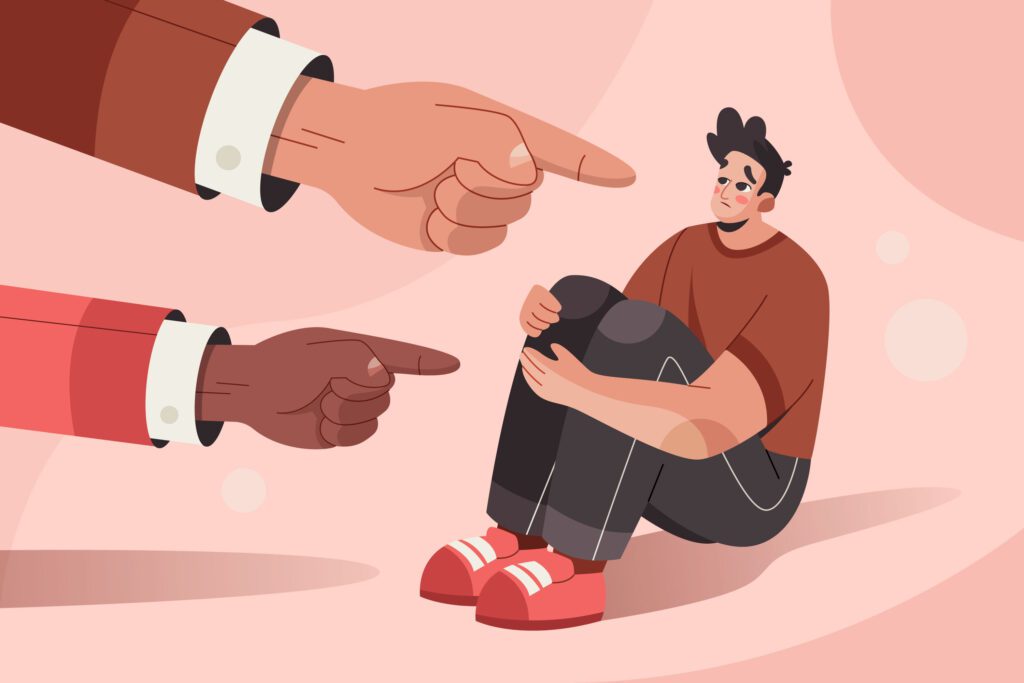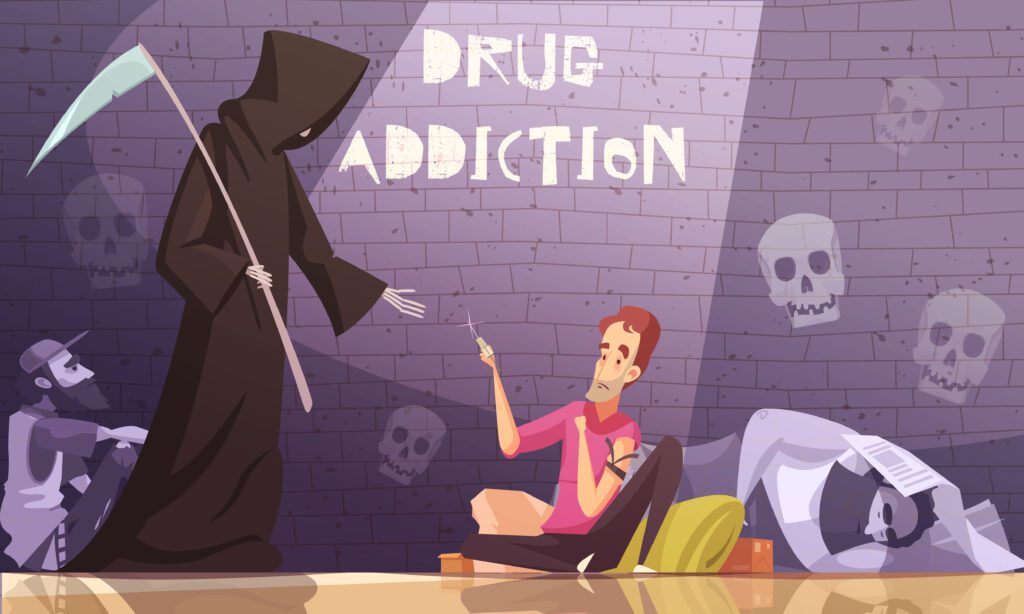Here, we are sharing information on the topic “addictive behavior examples.” Addiction can take many different forms. It’s a common misconception that someone must experience physical dependence and withdrawal symptoms in order to be diagnosed with an addiction disorder. However, behavioral addiction can also result in negative life outcomes without the physical complications experienced by compulsive drug and alcohol abusers.

addictive behavior examples
-
Love and Sex Addictions
-
An addiction to shopping
-
Addiction to Gambling
-
Addictions to Gaming
-
addiction to food
-
Workout addiction
behaviors that take over a person’s life and are frequently destructive and obsessive in nature. These behaviors are generally connected to substance addiction or dependence. Risk-taking, drug-seeking, and breaking the law to feed a drug addiction are examples of addictive behaviors.
Article on Addictive and Compulsive Behavior
- According to recent statistics, half of all people between the ages of 18 and 34 check their Facebook profile as soon as they wake up every morning (Reimer, 2013). When they wake up, more than half of them use their smartphones for this purpose, even before getting out of bed. Facebook is how nearly half of the young Americans surveyed said they get their news.
- Some younger people use Facebook as a news and development platform in addition to a way to communicate with friends. More than 10% of all individuals under the age of 25 will experience a disruption during sex due to a Facebook message, compared to only 6% of older adults; 22% of this age group will experience this during a meeting, compared to only 11% of older adults; 24% will experience this while travelling to the restroom, compared to only 12% of older adults; and 49% during a meal, compared to only 27% of older adults.
- These figures also show that 18% of people under 25 find it impossible to avoid checking their Facebook for a few hours after work, and 48% of Facebook users make updates and check for notifications while they are already in bed.
- pieces about obsessive gambling. In particular, it will address the articles themselves rather than the topics they cover, as it summarizes and assesses both of them. The topics of compulsive gambling and a particular addiction disorder that is prevalent in America today are covered in both magazine pieces.
- The first piece by Jeremiah Weinstock, James P. Whelan, and Andrew W. Meyers, titled Gambling: When it is not a game anymore, explores some of the reasons behind compulsive gambling as well as how a gambler can quickly develop a betting addiction. The article also explains how, while gambling may not be a big deal for everyone who visits a casino, it may be a big one for the community and the loved ones of compulsive gamblers.
Psychology of Mental Health Medical or Addictive Disorders in Human Health
According to the article, “According to studies, about 2 percent of Americans, or one in fifty, have had severe cases of compulsive gambling at some point in their lives. An extra 3 to 5 percent of people are probably going to have engaged in possibly dangerous or damaging gambling during “their existence” (Weinstock, Whelan, & Meyers, 1999).
Current Psychology Events: Internet Dependency
- Michael Fenichel’s article “Addictive Behavior, Transference, or More?” addresses the expanding issue of internet addiction. “Created as a compulsive habit, or need for connectedness, or possibly even an expression of transference or a reflection of object relations, or need fulfillment,” is how Fenichel describes how internet addiction is frequently perceived. (Fenichel)
- Additionally, Fenichel notes that the problem has persisted due to the increased accessibility to computers and the Internet.
- The author uses the term “social reinforcer” to describe the internet throughout the piece. Fenichel acknowledges that a large number of Internet addicts benefit from the social validation that the Internet offers. (Fenichel)

FAQ
How do you explain addictive?
Answer: The need or impulse to do something or use something that can make it difficult for you to operate in other aspects of your life is called addiction. Any substance can cause addiction. If you don’t get treatment for your addiction in a timely manner, it might negatively impact your relationships and performance at work.
What is the short meaning of addictive?
Answer: An addictive food or activity is something you can’t quit eating or doing once you get into it: The addictive nature of video games is their main drawback. I’m hooked on these nuts; I can’t stop eating them.
What is the behavioral theory of addiction?
Answer: Addiction to drugs is typically viewed by behavioral scientists as a disorder of behavior that arises when drug reinforcers take control of a significant percentage of a person’s behavioral repertoire.
Conclusion
In summary, a variety of behaviors that people may partake in excessively and obsessively, even in the face of negative consequences, are included in the category of addictive behavior. The various ways that people could become dependent on drugs or activities are illustrated by the instances of addictive behavior.
In summary, treating addictive behaviors necessitates an all-encompassing, compassionate strategy that recognizes the diversity of these behaviors. A sense of empowerment, support, and comprehension of the underlying causes are critical elements of successful preventative and intervention efforts.






